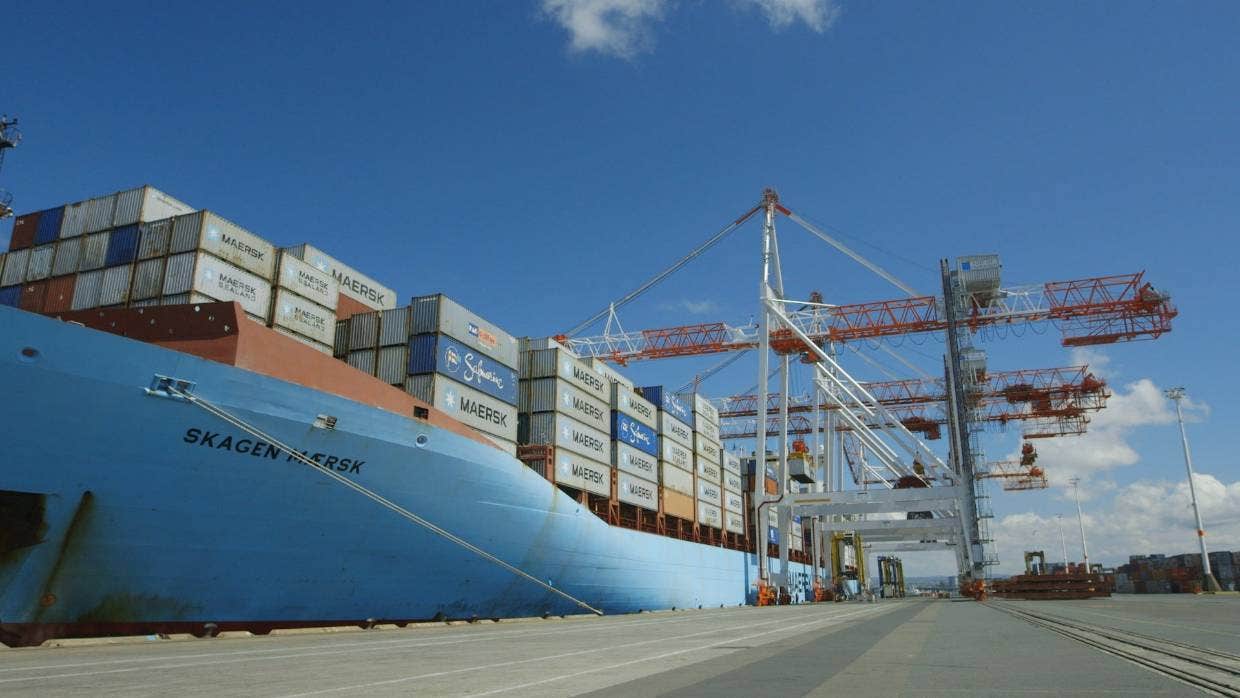A significant increase in GDP over the final three months of June could signal the possibility of a “solid economic rebound” from the current Delta lockdown Financial Minister Grant Robertson believes.
Stats NZ announced the economy increased by a staggering 2.8 percent in the quarter ending June.
Bank economists had forecast robust GDP growth between 1.1 percent or 1.5 percent, contrasted with the March quarter, which was a follow-up to 1.4 percent growth in the prior three-month period.
The actual amount has blown the forecasts off the mark.
Robertson stated that the economy was outperforming “many of the countries we compare ourselves against”, in the quarter ended June.
“Australia was up by 0.7 percent, and the United States by 1.6 per percent, as well as Japan by 0.5 percent. The United Kingdom grew by more by a whopping 4.8 percent, which reversed the recent drop in activity” he added.
“This is a very positive result and shows New Zealanders’ confidence in our economic recovery roadmap.”
ANZ principal economics Sharon Zollner has been expecting the economy to contract to as high as 6 percent this quarter due to the restrictions and lockdowns triggered through the Delta community outbreak.
However, she warned that she was “starting to look a little optimistic”.
Zollner told reporters ahead of the Thursday’s Stats NZ release that while the June quarter figure was likely to be outstripped by events of the moment but it could be used to see how the economy was doing prior to the lockdown.
Stats NZ said the 2.8 percent growth in the July 2021’s quarter of GDP fueled by the service industries. The goods-producing and primary sectors also played a role in the the growth during the quarter.
The retail trade and accommodation sector was the main driver of growing GDP in quarter ending June, Stats NZ said, due to the increased activity in the food and accommodation services industries.
Business services also played a role in the increase, increasing by 4.8 percent in the course of three months, because of increased demand in architectural, engineering and consulting, it stated.
The pace of economic activity during the month of June was 4.3 percent above the levels it reached in during the last three months of 2019 , the final period before the New Zealanders were the first to have were informed of the Covid epidemic that was sweeping China.
In contrast, Stats NZ manager Paul Pascoe stated that Covid was causing significant modifications to the usual patterns of activities, with international travel and associated expenditures being at a low level but not showing usual huge declines from the peak of the March quarter.
“This has muted overall GDP growth in the March quarter and contributed to growth in the June quarter, when we account for the usual seasonal effects,” the official added.
The Reserve Bank is next due to determine whether it will raise the cash rate of the central bank (OCR) on the 6th of October.
President Adrian Orr told Stuff late last month that the central bank drawn up a plan to increase rates, and that It wasn’t “not clear what would deviate us from
ASB economics Mark Smith and Nick Tuffley stated in a research paper that the rate of growth for the June quarter indicated that the economy was experiencing “considerable momentum” prior to the Delta outbreak.
They have continued to anticipate an upswing in activity during the final three months this year, following an “short-lived” drop in activity in the first quarter.
Act Party leader David Seymour stated that the GDP figures for June “might as well have happened in another decade”.
“Today’s reality is different,” the actor said before its release.
The figure must be considered within the context in the context of “wartime levels of borrowing by the Government”, Seymour stated.
“They believe interest rates will be low forever, but if they’re wrong it’s the next generation that will pay.”
It is believed that the New Zealand dollar climbed a fifth of an US cent up to US71.3c following the announcement, suggesting that markets aren’t judging the huge increase as simply a matter of.
However, it appears to be less of an effect than would normally be expected should GDP outstrip expectations by more than one percentage percent.
The market for shares had little response, trading in a moderately positive zone as an NZX top 50 gaining around 0.2 percent on the day just after 11pm.



